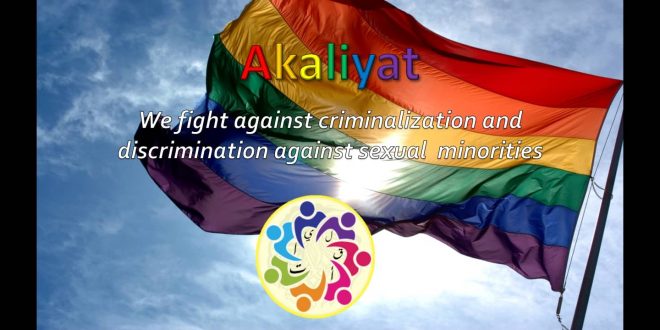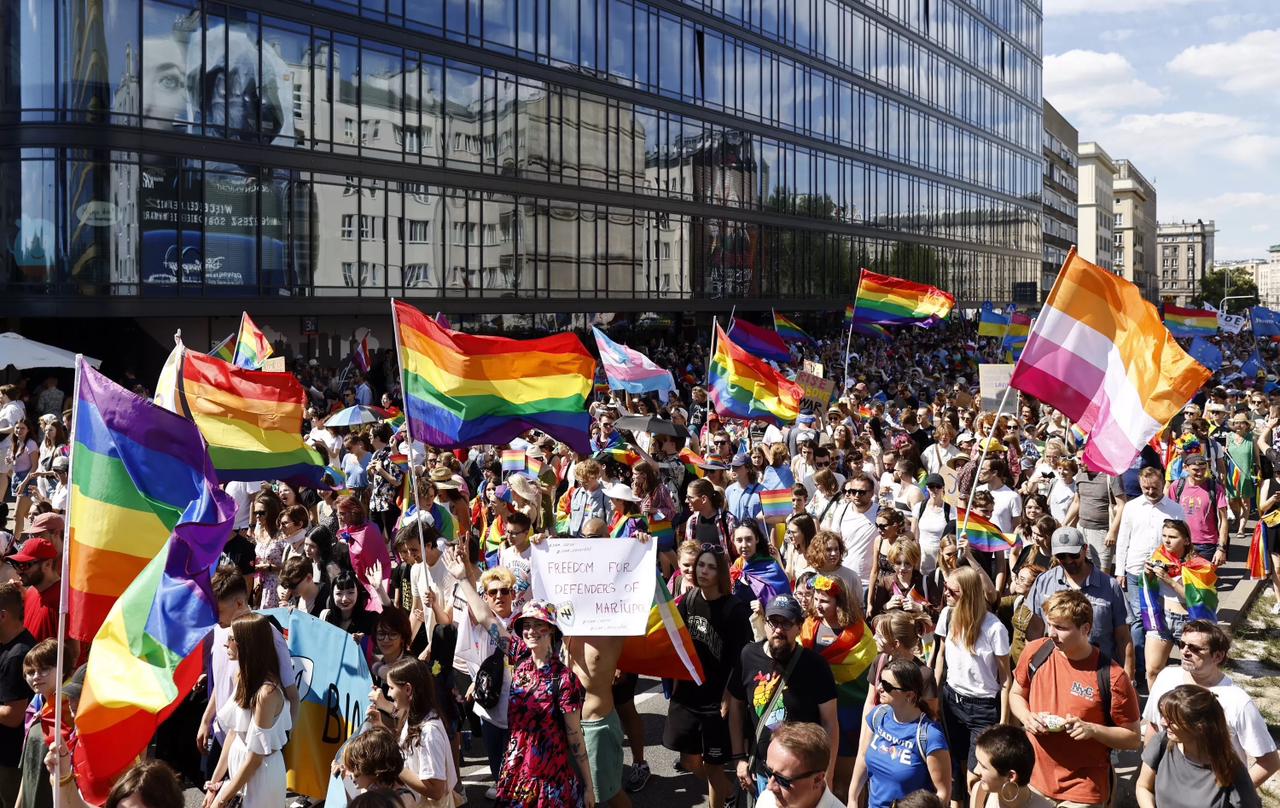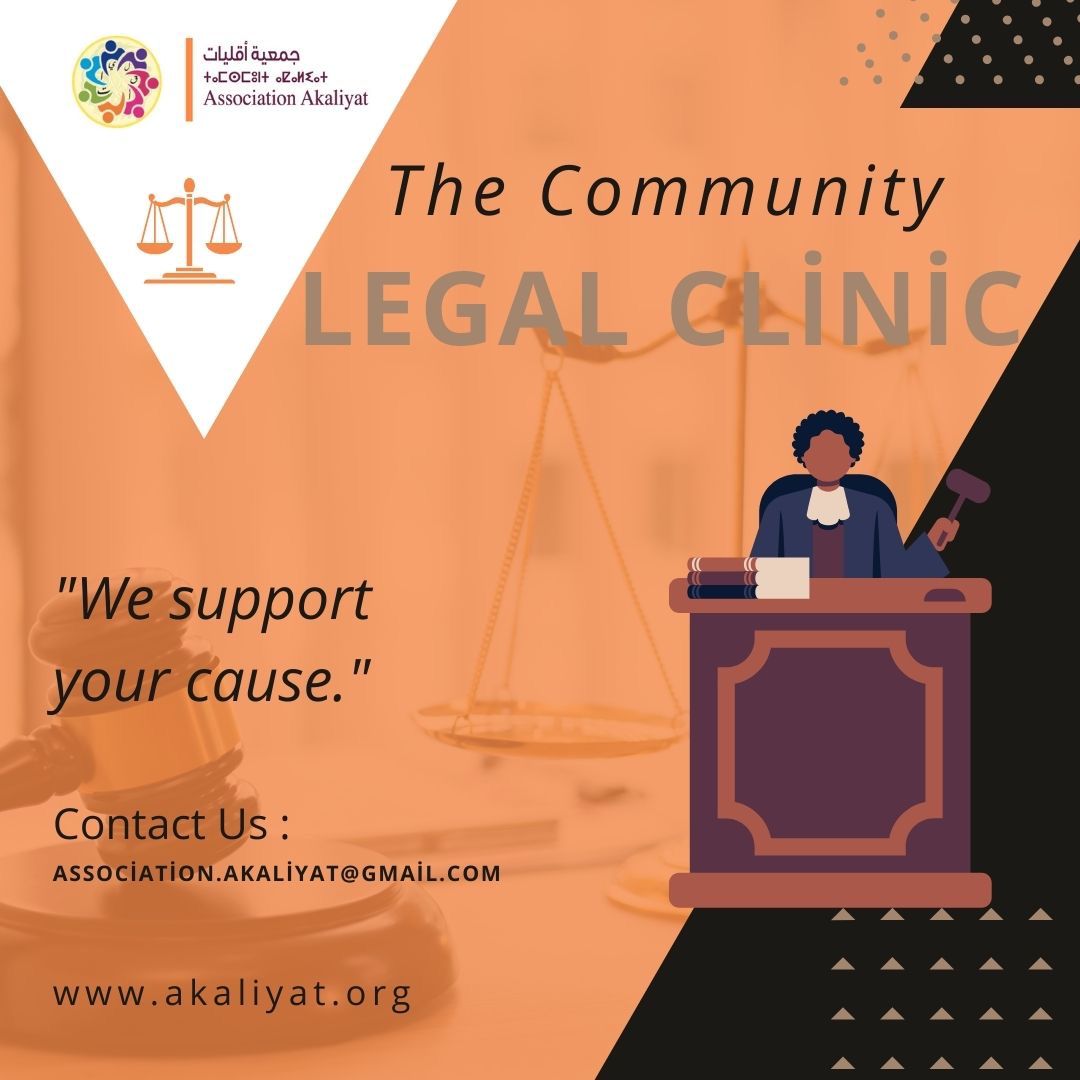Every year, the queer and LGBTIQ movement celebrates May 17 as the world day against homophobic and transphobic violence and discrimination. This violence does not give LGBTIQ people a day of respite.
On May 17, it is time for us to demand an end to the martyrdom of some of us, victims of hatred and the macho and patriarchal structural violence that is the rule throughout the world.
Indeed, on the international level:
The world is witnessing a sharp rise in racism and hatred with structural and lasting consequences fueled by the watchdogs of the system and exploitation. The first to be affected are queer refugees or asylum seekers from the South. Indeed, many European countries exploit the question of human rights for domestic political purposes and practice double talk on this subject to the detriment of queer refugees. Thus, they consider certain countries which criminalize LGBTQI people as “safe” destinations or even practice a policy of expulsion to the countries of origin of queer people where they are in danger of death.
Regionally:
The Arab world and the Maghreb are still experiencing a situation of repression and hatred against the LGBTQI community and the movements that defend their rights. The political changes and revolutionary processes that the region has experienced have not benefited LGBTQI rights despite the struggles, campaigns, and mobilizations of associations and groups defending these rights.
Israel continues its pinkwashing and attempts to ignore the crimes committed in the occupied territories and the resistance taking place there. Its support for LGBTQI rights serves to convey an image of a haven of peace and security and to propagandize the occupation.
On the other hand, there is a resurgence of hate speech from extremist groups and enemies of human rights who have come to call for a ban on activist gatherings (such as the ban on the Nedwa conference in Lebanon last year due to threats made by certain religious authorities).
Nevertheless, LGBTIQ people and organizations are campaigning, occupying media and public space today and tomorrow to resist, fight, and enforce gender equality and sexual diversity.
On the national level:
On New Year’s Day, Moroccans experienced a terrible homophobic and transphobic crime against a person from the LGBTQI community. This case is now known as that of the “Bounani homosexual.” What Bounani experienced represents the reality of oppression and hatred of homosexuals, trans people, and people who deviate from gender norms, which are all criminal according to article 489 of the Moroccan penal code. All attempts since 2011 to change the penal code on social issues have failed, which primarily affects the most fragile categories and vulnerable to violence and hatred. On the contrary, the country has experienced constant setbacks in terms of human rights and the protection of human rights activists in Morocco.
Thus, the Akaliyat association, to put an end to discrimination and criminalization of sexual minorities, demands:
The repeal of Article 489 of the Moroccan penal code
Parliament’s approval of a law that criminalizes LGBTphobic violence and hatred against refugees and other vulnerable categories
The abandonment of proceedings against those incriminated by article 489, previously cited
Protection of human rights activists and informal groups defending human rights and sexual minorities
Listening to and supporting victims of official violence and public judgment and prosecution of those responsible.
The right of association and organization of queer groups and LGBTQI rights activists and the end of repression and suffocation against them
We call on all those participating in this fight to unite against all forms of hatred and violence based on sexual orientation or gender expression.


